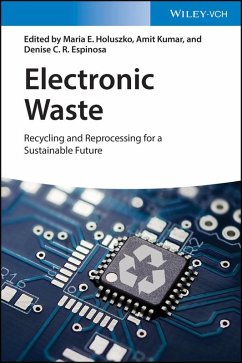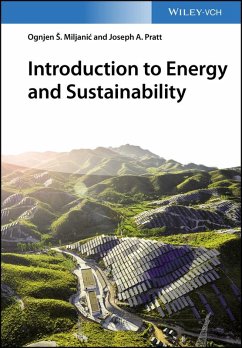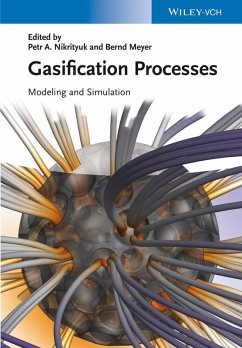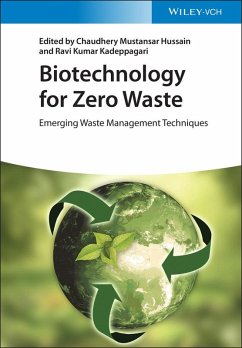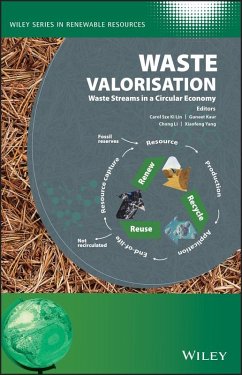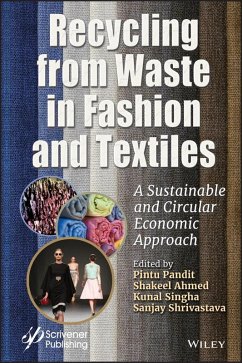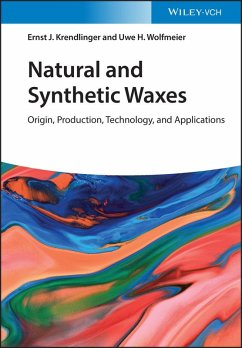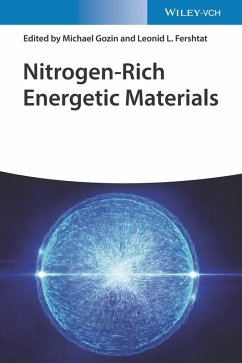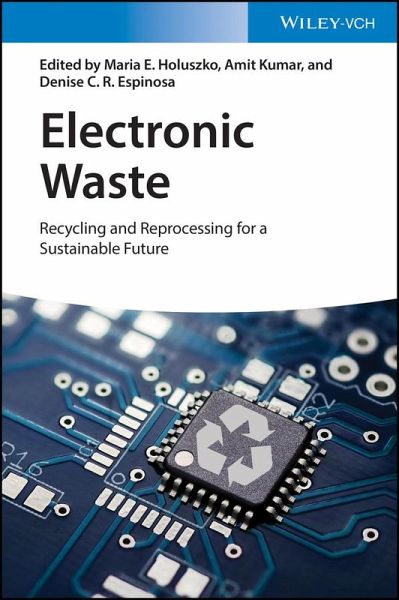
Electronic Waste (eBook, ePUB)
Recycling and Reprocessing for a Sustainable Future
Redaktion: Holuszko, Maria E.; Espinosa, Denise C. R.; Kumar, Amit
Versandkostenfrei!
Sofort per Download lieferbar
Statt: 162,00 €**
144,99 €
inkl. MwSt. und vom Verlag festgesetzt.
**Preis der gedruckten Ausgabe (Gebundenes Buch)
Alle Infos zum eBook verschenkenWeitere Ausgaben:

PAYBACK Punkte
0 °P sammeln!
This book covers technological aspects related to the recycling and reprocessing of electronic waste. It also presents an overview of data collection, statistical analysis, socio-economic issues as well as regulations across the globe.
Dieser Download kann aus rechtlichen Gründen nur mit Rechnungsadresse in D ausgeliefert werden.




